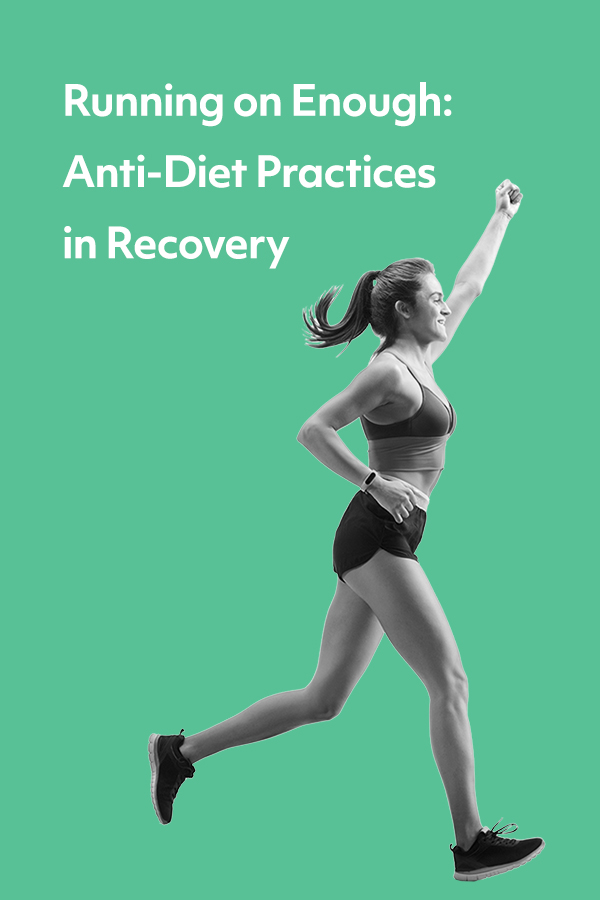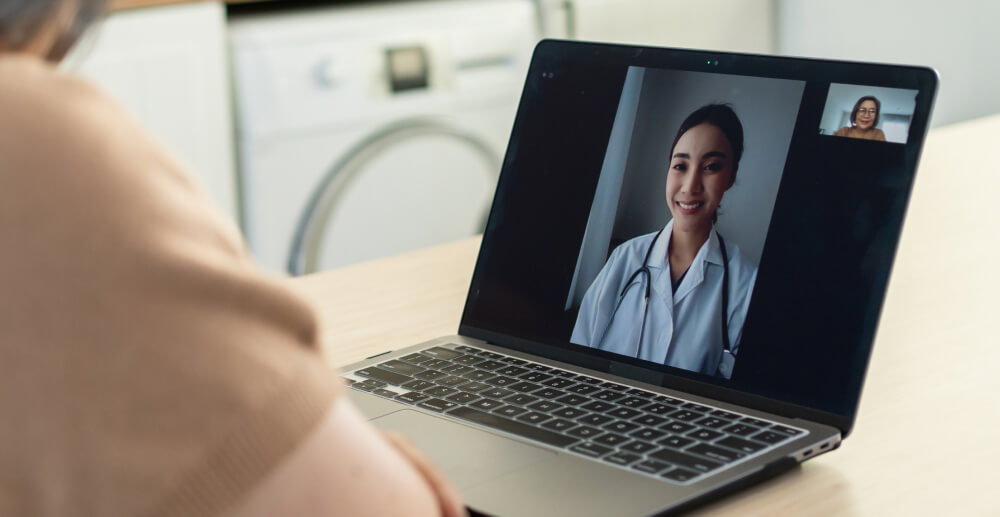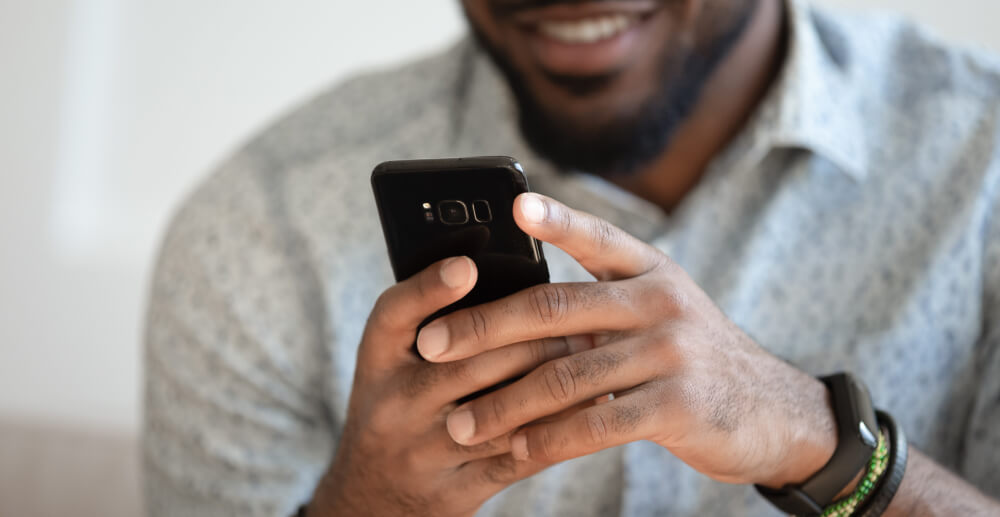Incorporating Anti-Diet principles into training has shown me that I can not only survive, but I can thrive on eating “enough.”
My Grandma Green got me a subscription to National Geographic when I was five years old. Although I was an early reader, my access to various storylines and genres was limited, and Grandma, an accomplished and worldly author, wanted to expand my mind’s eye. When the first volume arrived at our house, I found the golden spine and border on the cover intriguing. As I turned the heavy pages and smelled the ink, I began to “read” the glossy pictures instead of the challenging words and sentence constructions supporting them. That first issue focused on archeological marvels. Towards the back, I learned that an entire city, Pompeii, once buried in lava and ash, had been found. Not only had the buildings, roads, and homes been revealed but so had its occupants—now visible in cast form. I’d seen skeletons before and knew they represented a body once alive, but I had never seen impressions like this of a life once lived. When Mount Vesuvius erupted in 79 AD, ash entombed many of those killed in the disaster. As a result, cavities were created, leaving outlines of bodies that retained their forms despite the soft tissue decomposition.
These now gray people were not bodies to me; they were ghosts—and from that day forward, they haunted me.
From there my obsession with Pompeii and, by extension, Italy began. It was the first time I felt a deep yearning that transcended want and was every bit a need.
To say that I romanticized this future adventure was an understatement. I envisioned the sights, the sounds, and of course, the tastes. Italy is not just relics and ancient monuments; it’s also a culture deeply tied to regional cuisines and the genesis of wines. I wanted every part of it, which included drinking every last drop it would have to offer.
So when it came time for this trip to actualize in the form of a fortieth birthday, I couldn’t reconcile my sobriety and Italy. How could I visit Italy and not drink? How could I be myself and enjoy a place that meant so much? Is Italy even possible without alcohol?
Eventually, these questions were answered in the narrow paths carved into the sides of the cliffs of Genoa. They were quieted by meals filled with fresh seafood and pesto, my thirst quenched by water with gas (carbonated water). Italy was not what I thought it was, a place where wine must indeed define it. Instead, it turned out to be a place I could discover more about what makes me happy, a place where I found my strength would exist outside of a drink.
Reshaping how I relate to food
As I continue to implement anti-dieting practices into my life, I keep encountering the same disconnect—doing something that I love without the destructive cultural components and yet still enjoying it.
As I began to explore what it meant to intuitively eat and not diet, it occurred to me that my steady practice of training for distance running and races could be impacted.
After all, wasn’t dieting a part of my training?
To me, training meant that I would restrict my calories from June to October of every year in an effort to ensure my “runner’s body” would function optimally for the fall and winter races I would undertake. Unfortunately, this also meant that I lived inside a vicious cycle of disordered eating and thinking from December to May. I never considered this part of my year—full of binges, fasts, and restrictions—dangerous. It was just a part of my life that felt in control.
Now in the middle of a new way of feeding myself, I knew this destructive cadence had to stop, and with it, dieting and running.
However, knowing something and doing something are two different things.
It was tough to wrap my head around the idea that I could run and be good and, at the very least, not harm myself while eating whatever I wanted. It was even harder to believe that my body would work with me. But if I listened to what it wanted for fuel, it wouldn’t let me down when it came time to perform. So, you see, this is less about my relationship with food and more about the one I have with myself. What I am really worried about here is trust.
Can I trust myself, my body, my desires enough without them betraying me?
When I shared this with my Anti-Dieting coach, Ingrid Miller, she explained that these disconnects between our minds and bodies, these blurred lines between wellness, health, and dieting, occur by design. She explained the vast industry behind this confusion and that deep Pharma roots are benefitting from diet culture. If fat is a disease, they have the medicine, but never a cure. In their book Body Respect: What Conventional Health Books Get Wrong, Leave Out, and Just Plain Fail to Understand about Weight, Lindo Bacon explains, “The pharmaceutical industry, which has a vested interest in making us believe that fat is dangerous—and that they have a solution—wrote the BMI standards that are currently used.”
Essentially, you can’t use their (diet culture’s) metrics to measure your health and stay well. So, for the last few weeks, I haven’t been.
I got rid of my scale and filled my cabinets with all the food I wanted. Nothing is off-limits when it comes to eating. There are no rules, no routines, and no restrictions. I eat beyond my hunger, get full, and sometimes even become uncomfortable. But I’m working on trusting the concept of enough. Christy Harrison, MPH, RD explains that “the reason people eat to the point of discomfort is not because they’re weak or greedy or emotionally broken; it’s because they don’t have enough, and because they don’t trust that food will always be there when they want it … Focusing primarily on fullness and emotional eating instead of on eating enough keeps you stuck in diet culture—and therefore at war with food and your body.”
At first, living and then running on enough was unfamiliar; It felt strange to trust being without a void inside of me.
Slowly, an abundance mindset prevailed, and the scarcity that fueled my decisions in the past has all but disappeared.
My body moves me in confident strides when I train. For the first time in years, I am improving my distances, speed, and recovery. I can be a runner without dieting, just like I could go to Italy without drinking.
I run on enough because I AM.





